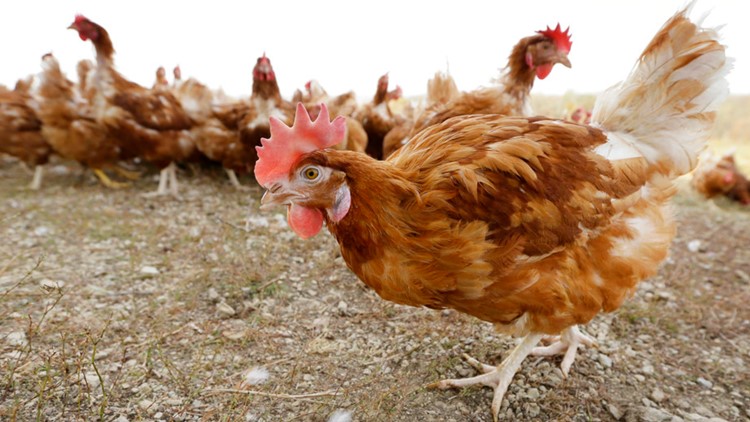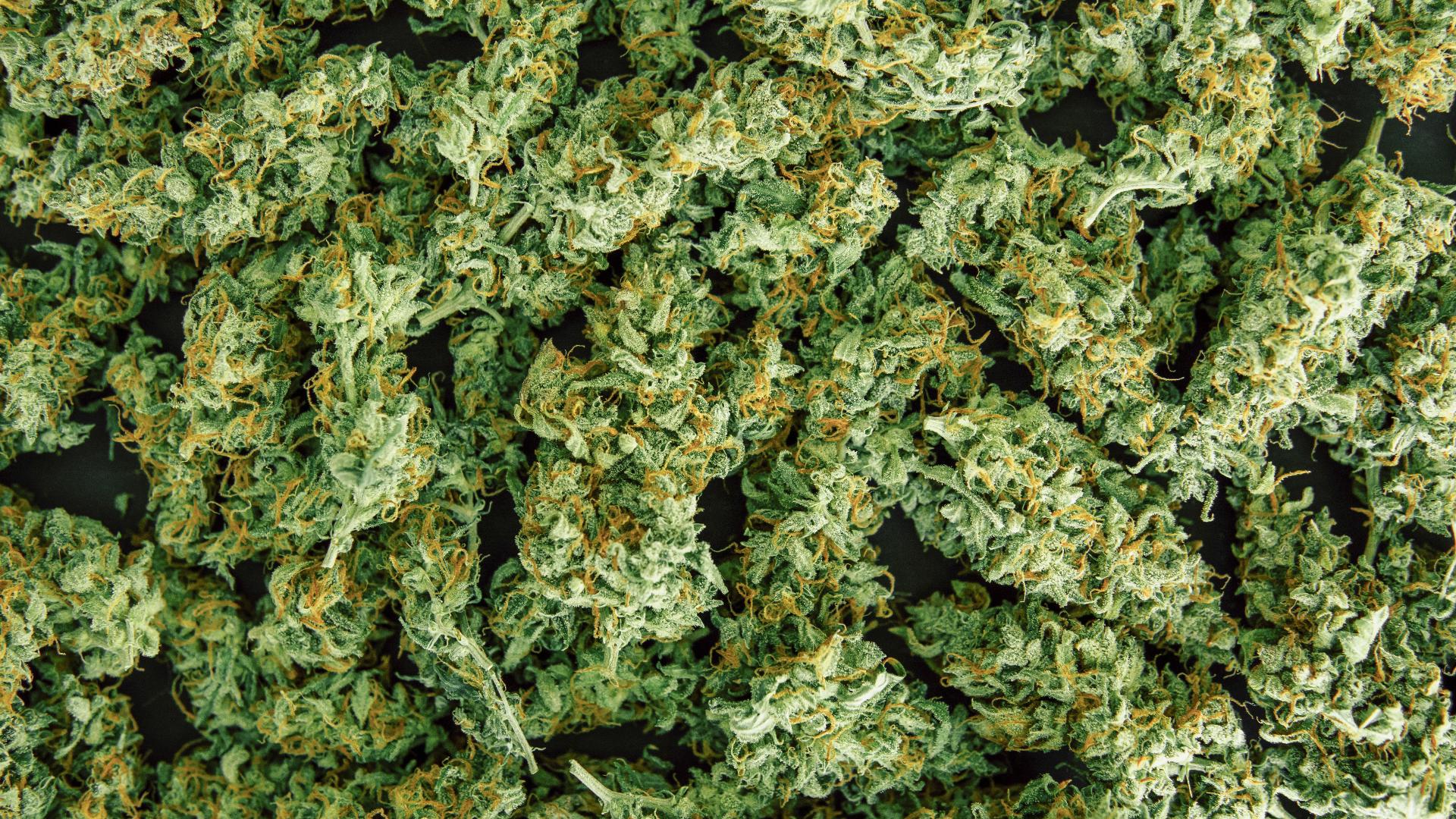INDIANAPOLIS — Poultry owners are being urged to protect their chickens, ducks, turkeys and other domestic species from any potential exposure to wild birds while the Indiana Department of Natural Resources investigates a series of mysterious songbird deaths throughout the state.
It's still unclear as to why birds — including cardinals, robins and blue jays — are dying across the state.
"Currently, we do not know what is causing songbirds to become ill or to die," said Bret D. Marsh, DVM, Indiana State Veterinarian. "We are coordinating with Indiana DNR to investigate reports of sick birds. However, laboratory testing has not yet determined if this is a disease or some other agent."
So far, sick and dying songbirds have so far been found in 15 Indiana counties and Indiana DNR has asked Hoosiers to take down their bird feeders as they investigate the cause. Now, the Indiana State Board of Animal Health (BOAH) is following suit.
The Indiana BOAH is telling poultry owners to remove bird feeders, including hummingbird feeders, until the situation is better understood.
BOAH is also advising poultry farmers and hobby flock owners to do what they can to ensure their flocks aren't exposed.
"We always recommend good biosecurity for small flocks," Marsh said. "When something unknown and unforeseen like this happens is when keeping flocks secure really pays off."
Marsh said good biosecurity practices mean keeping poultry safe from unseen pathogens that can be brought into the coop by other birds (wild or domestic); other animals, like feral cats; or humans who may carry disease-causing germs on their hands, clothing or shoes.
There are a few ways Indiana BOAH says poultry owners can protect their birds:
- Deter contact with wild birds by keeping poultry in a fenced space and contain them to the coop or barn at night.
- Do not feed chickens outdoors where wild birds may feed, too.
- Clean and sanitize feed pans and waterers.
Marsh noted that small flock owners should remain vigilant in watching their poultry for signs of illness or disease. Any unusual or unexplained death loss or illness should be reported to the U.S. Department of Agriculture Healthy Birds Hotline at 866-536-7593.



